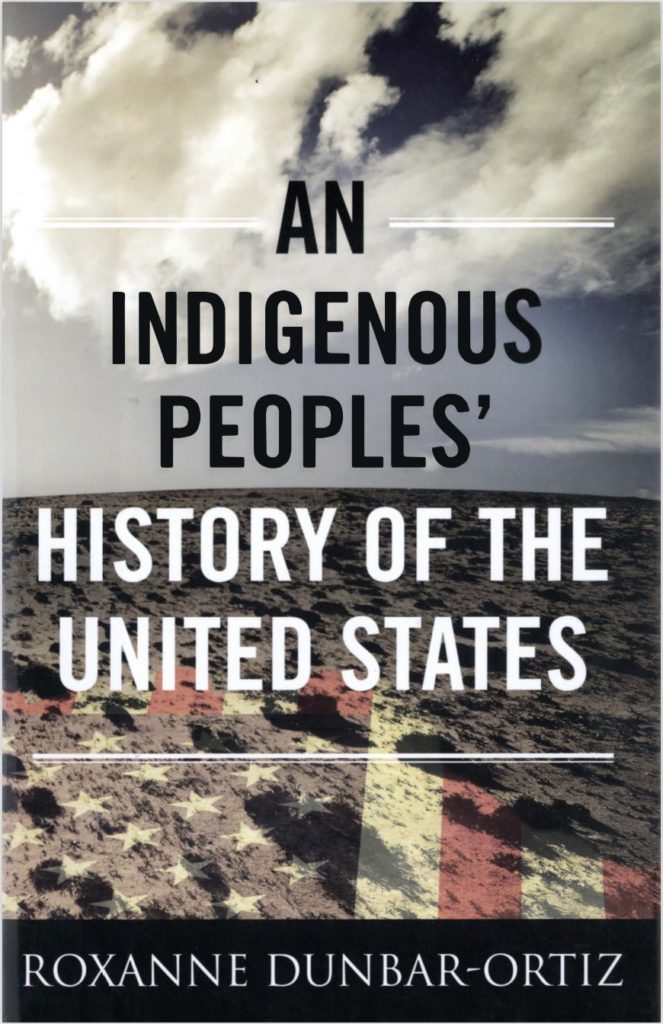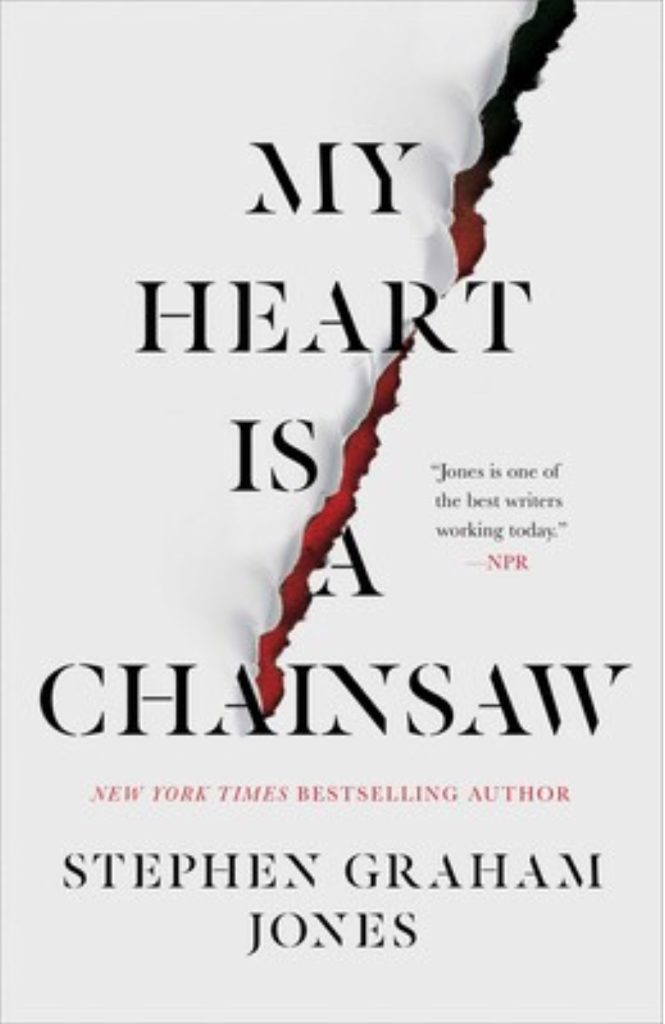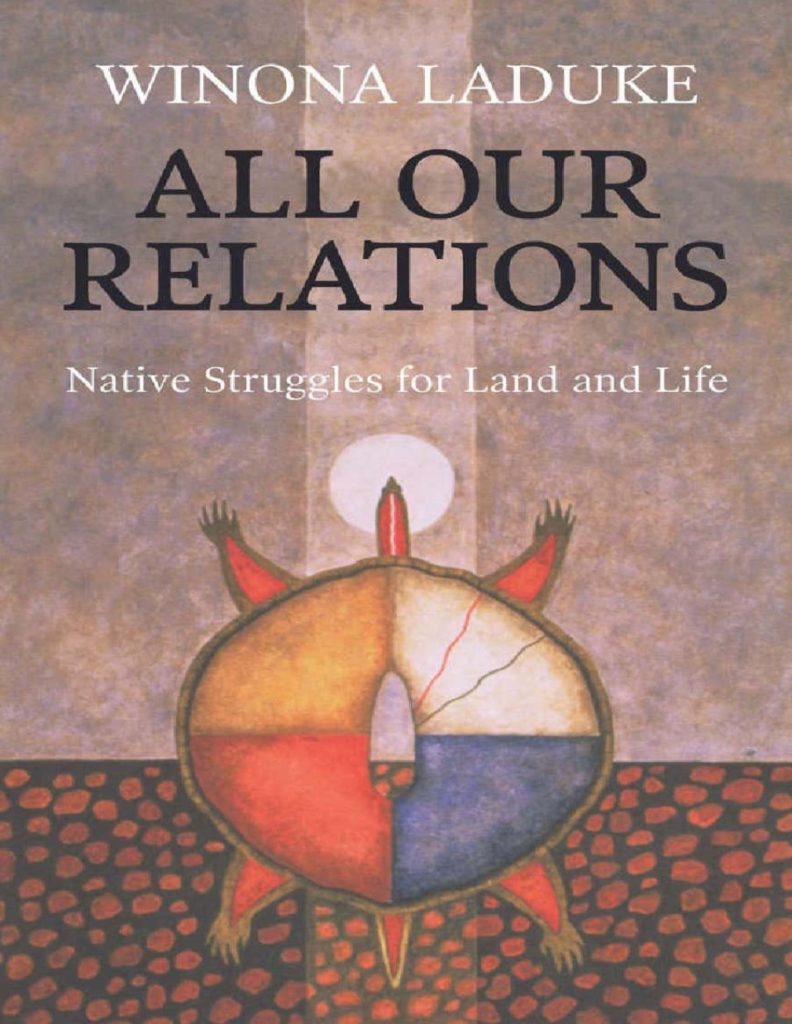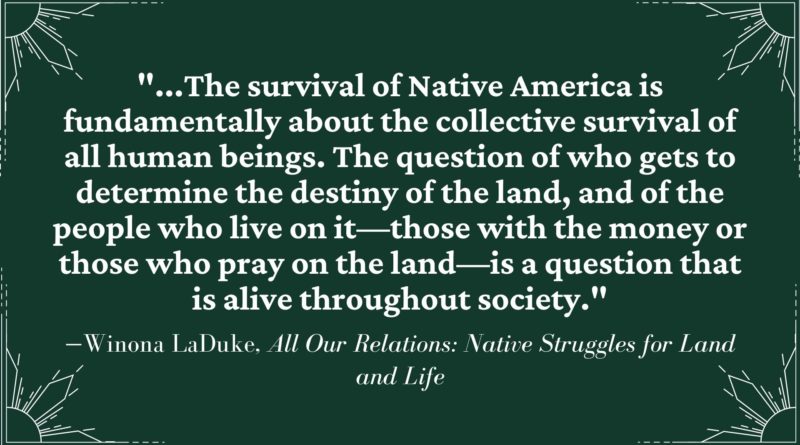Indigenous Peoples’ Day is about more than acknowledgment
Over recent years, but particularly with the 2020 Black Lives Matter movement, people’s relearning and reclaiming of history has shaped a political shift in the United States in which wrongs could be righted, institutions could be demolished and rebuilt, and a Eurocentric society could be more inclusive.
One way people of color are being honored is through recognition of important days like Indigenous Peoples’ Day, celebrated on October 11 of this year. However, this recognition, which is still not even fully realized, lacks action and awareness of the present struggles of indigenous people.
Columbus Day is federally observed on the second Monday of each October, but since the 1990’s, certain communities have rejected the celebration in favor of Indigenous Peoples’ Day, also known as First Nations Day. If you’ve taken a history course that covers early America, you’ll know that Christopher Columbus and imperial authorities in the centuries that followed exploited, enslaved, raped, and killed the people who first called this land home.

Photo courtesy of Katie Leming/Beacon Press.
Due to this history, the celebration of Indigenous Peoples’ Day seeks to muffle the mistaught and silenced history of the origins of the United States by allowing native people to reclaim their stories and share their current ones.
The current story of indigenous people, however, warrants action. The past cannot be changed, and though its study is essential to bettering the future, acknowledging it is only the first step in the process of reparations and possible restoration of the land and culture that is still being stolen globally.
The first and continuous responsibility we have is to learn.
We must learn about histories, cultures, treaties, laws, foods, traditions, and more of the diverse tribes that still inhabit North America. Engage with human rights issues if you’re into politics. Read native people’s fiction if you love literature. Study environmental impacts of oil companies and nuclear plants if you are a STEM major. Learn about the Lakota’s horses if you like animals. Listen to native people’s songs if you appreciate music.

This memoir uses humor to touch on a broad range of topics of modern life as an Indigenous woman.
Photo courtesy of Katie Leming/Bison Books.
This work of fiction blends horror with reality to explore modern colonialism from a teenage girl’s perspective.
Photo courtesy of Katie Leming/Simon & Schuster.
A major issue facing native peoples currently is the Murdered and Missing Indigenous Women crisis, which draws attention to the disproportionate amount of violence against indigenous women and the lack of justice for those women and their families. Additionally, oil companies have waged a war on native tribes by forcing pipelines through reservation lands, a seemingly never ending struggle that is affected by our votes and dollars.
We also must unlearn.
Discrimination still exists. Every one of us judges the world and the people around us through a biased lens whether we intend to or not, and—speaking from experience—growing up in U.S. public school or Christian church definitely doesn’t help. Doing the work—researching, self-reflecting, talking to indigenous people, and standing up for solidarity—is a journey we as members of the MC community must live if we want to truly do good on the largest possible scale.
Another way to amplify these realities of the present and past is through land acknowledgement. I’ve taken just two classes (both taught by Dr. Carl Gombert) through college that began with stating that Maryville College sits on Tsalaguwetiyi (Cherokee, East) land. When we think about the continuing colonization taking place, even in our college community, we can begin to understand our role as colonizers and potential allies in the fight.

Photo courtesy of Katie Leming/Haymarket Books
Lastly, we must practice putting our money where our mouth is. As a broke college student under the largely inescapable thumb of capitalism, I know it is challenging to find the time on the daily to make conscious decisions about how I’m spending my money. Even so, just trying to move our spending away from the oppressive larger companies that still exploit native lands and people and towards native people themselves can be powerful in the movement towards liberation.
Are we not called by our humanity to respect the existence of others? Challenging ourselves to go beyond the recognition of an unjust past can help us create a just future alongside those who are still pushed to the fringes by our harsh modern world.

